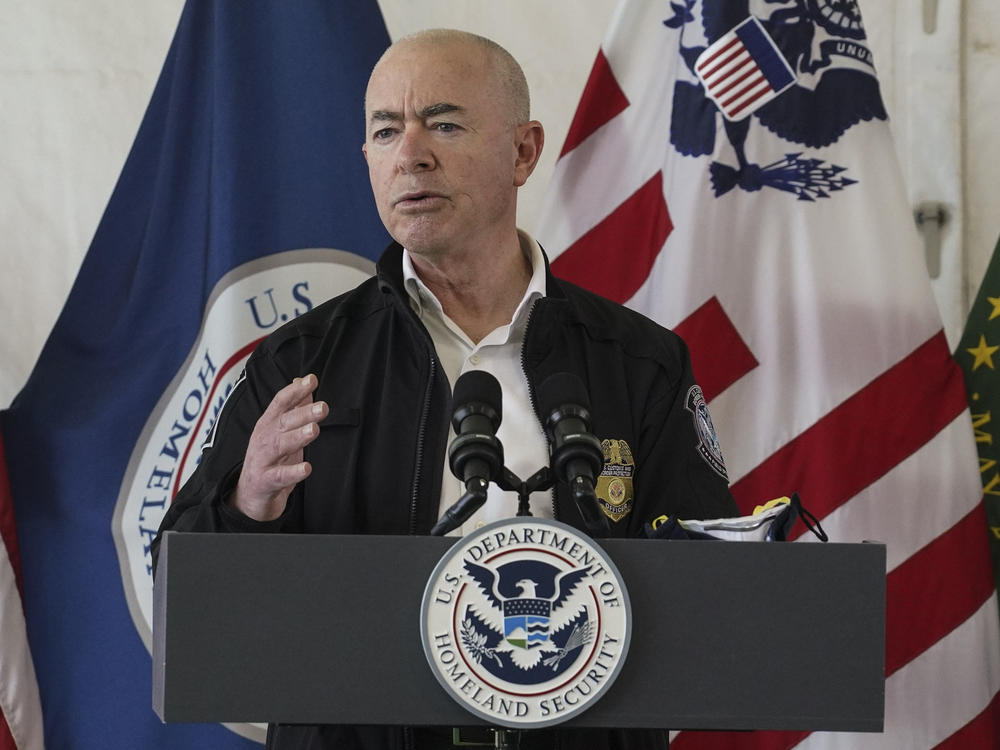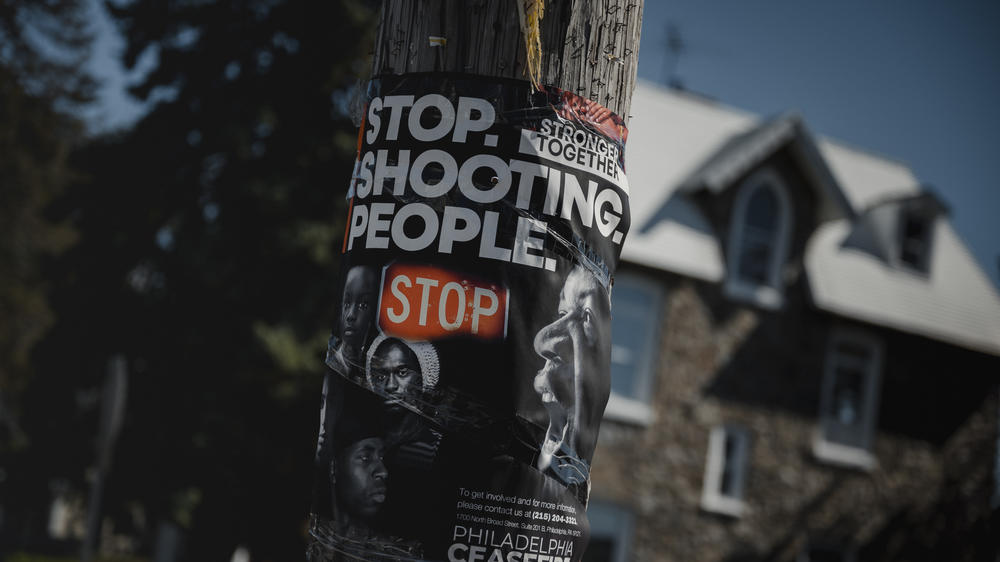Section Branding
Header Content
Senate mulls next steps in Mayorkas impeachment; ocean heat is mass bleaching coral
Primary Content
Good morning. You're reading the Up First newsletter. Subscribe here to get it delivered to your inbox, and listen to the Up First podcast for all the news you need to start your day.
Today's top news
The Democratic-led Senate will kick off the impeachment trial of Homeland Security Secretary Alejandro Mayorkas today. He's only the second Cabinet secretary to be impeached in U.S. history. Mayorkas is accused of allegedly failing to enforce immigration laws. Many Democrats have called for a motion to dismiss the trial. Senators could reach an agreement to debate the articles of impeachment tomorrow.
- Utah Republican Sen. Mitt Romney tells NPR's Claudia Grisales that he would "far prefer having a debate and discussion" and that a "motion to table sets a very unfortunate constitutional precedent." Grisales says Democrats are watching moderate Republicans like Romney closely because he's one of their key swing votes to wrap this up as quickly as possible ahead of next week's congressional recess.
The U.S. is reaching out to China, hoping Beijing will use its influence on Tehran as global leaders try to avert a broader conflict in the Middle East following Iran's retaliatory attack on Israel over the weekend. But with today's announcement that the U.S. wants to triple tariffs on Chinese steel, it's unclear how far China will be willing to go along with the request from the Biden administration.
- China offers diplomatic support and an economic lifeline to Iran as one of the only countries buying Iranian oil, NPR's Jackie Northam tells Up First. China's past actions, such as when it helped broker a deal to re-establish relations between Saudi Arabia and Iran, indicate the country wants to position itself as a critical player in the region. But a specialist in China studies tells Northam that Beijing likes the idea of being a great player in the region, but it doesn't want to get involved in other countries' domestic issues that might require difficult decisions.
Record levels of ocean heat are causing a second worldwide mass bleaching event on coral reefs in this decade. Corals are some of the world's most diverse ecosystems, and bleaching can kill them. Coral death would impact thousands of marine species as well as human communities. With mass bleaching expected to get worse as the climate keeps warming, scientists are looking for ways to help them survive.
- Some scientists have developed "super corals" that can handle heat better, NPR's Lauren Sommer reports. They want to use these corals to restore reefs hit by climate change. But they warn that this isn't a "get out of jail free" card, and these corals can only buy a little more time for reefs to hang on until humans can slow climate change.
We, the voters
As part of the We, The Voters series, NPR is bringing you stories of gun violence and its impact on communities all week.
In southeastern Pennsylvania, children and teens deal with the threat of gun violence daily. The damage isn't just physical — they're also harmed when they lose a friend or family member to gun violence, learn that someone they know was shot, witness or even hear gunshots. Will Kiefer founded the Bench Mark Program to offer free personal training to at-risk youth. It's one of many programs aimed at trying to solve the problem of gun violence in his community.
- Read why Kiefer believes offering teens respect and a consistent support system is vital to addressing the root of gun violence among youth and learn about more programs that are creating safe spaces for kids to be kids.
The science of siblings
The Science of Siblings is a new series from NPR exploring the ways our siblings can influence us, from our money and our mental health all the way down to our very molecules
How reliable is human memory? In 2018, Sofie Elliot moved to Germany. It was the first time in 16 years she lived in the same place as her sister, Simone. As the two had long, nostalgic talks about their childhood, they realized they remembered a shared trauma in very different ways. The sisters helped each other make peace with their past through art. They've written a book called What We Thought We Remembered and choreographed a dance performance based on their story.
- Watch their performance and read their story here. Editor's note: This story contains descriptions of childhood sexual abuse.
3 things to know before you go
- The University of California says it will no longer have its valedictorian, Asna Tabassum, speak at commencement, citing safety concerns. Some student groups, such as the organization Trojans for Israel, have criticized Tabassum's social media content about the Israel-Gaza war as "antisemitic bigotry." Others denounced USC's decision and said she should be able to speak freely.
- Are you reading this newsletter first thing in the morning, or are you a shift worker ending your day with us? A new study reveals that working nights and volatile schedules in young adulthood can leave you vulnerable to depression and poor health in middle age.
- The 2024 Olympic Games in Paris will begin in 100 days. In New York this week, Team USA hopefuls discussed their preparations.
This newsletter was edited by Majd Al-Waheidi.
Bottom Content







